Michael Bennett, MD, FACS Appointed to Serve on U.S. FDA Ophthalmic Devices Advisory Panel
Dr. Michael D. Bennett, founder and president of Retina Institute of Hawaii, recently served on the U.S. Food and Drug Administration (FDA) Ophthalmic Devices Advisory Panel. Appointed in 2012, Dr. Bennett was part of a 23-member panel that has expertise in retinal disease, low vision, electrophysiology and other specialties. Panel members included doctors from Washington,… Read More
Preventative Measures
Protecting Your Eyes From The Sun This Summer Many people slather on sunscreen before hitting the waves but don’t give a thought to eye protection while in the water. Chronic sun exposure can lead to a common eye condition called pterygium, a noncancerous growth on the cornea that can affect vision. Surfers and others who… Read More
Hawaii’s First IMT Patient Receives the Gift of Sight
On January 10, 2012, Merrill Smith underwent the first IMT surgery in Honolulu, Hawaii. Since then, he has been working on his vision and training with Dr. Kellen Kashiwa bi-weekly in Hilo on Hawaii’s Big Island. Prior to receiving the telescope implant, Smith was nearly blind. His vision has improved remarkably from 20/200 to 20/80… Read More
Patient Receives Hawaii’s First Telescope Implant for Macular Degeneration by Retina Institute of Hawaii
A team of surgeons from Hawaii, Dr. Michael Bennett of Retina Institute of Hawaii and Dr. Michael McMann of McMann Institute, has successfully implanted the FDA-approved eye telescope, a first in Hawaii, at one of the leading medical centers in Honolulu. The first-of-kind telescope implant is integral to CentraSight™, a new patient care program for… Read More



Don't live with cloudy vision due to cataracts. We offer advanced Laser Cataract Surgery at the Ali’i Surgery Center on Oahu. Call us today to schedule your cataract exam and discover if now is the time for your cataract surgery. ... See MoreSee Less
0 CommentsComment on Facebook
We are so blessed with amazing optometrists who care deeply for our 'ohana. Mahalo Dr. Kashiwa, Dr. Ho and Dr. Bryant for taking such great care of our community. Happy World Optometry Day. ... See MoreSee Less
0 CommentsComment on Facebook
"Cez” has been working in the field of ophthalmology for over 18 years and has been with us for 12. She even volunteers her services to provide free eye care in the Philippines as part of the Bayanihan Without Walls Program. She serves multi-functionally as the clinic manager for all BEI locations and as a lead surgery coordinator/technician. A fluent native speaker of Ilocano and Tagalog, Cez is very passionate and tremendously happy and dedicated to providing quality eye care to every patient who comes her way. Drop a ❤️ or a comment below to thank her for all her hard work! ... See MoreSee Less
0 CommentsComment on Facebook
Comment below if you are one of the lucky 2%! Happy St. Paddy's Day. ☘️ ... See MoreSee Less
0 CommentsComment on Facebook
Don't let cataracts and glasses hold you back from living life to its fullest. Premium lenses can lessen your dependence on glasses for most or all of your daily activities! When it's time for cataract surgery, ask us about your options. ... See MoreSee Less
0 CommentsComment on Facebook
Most people with glaucoma are not aware of it as most glaucoma patients have zero symptoms. Catch the disease early and you have a great chance of preserving your vision for the years to come. Call us today to schedule your eye exam. Our team is here for you! ... See MoreSee Less
0 CommentsComment on Facebook